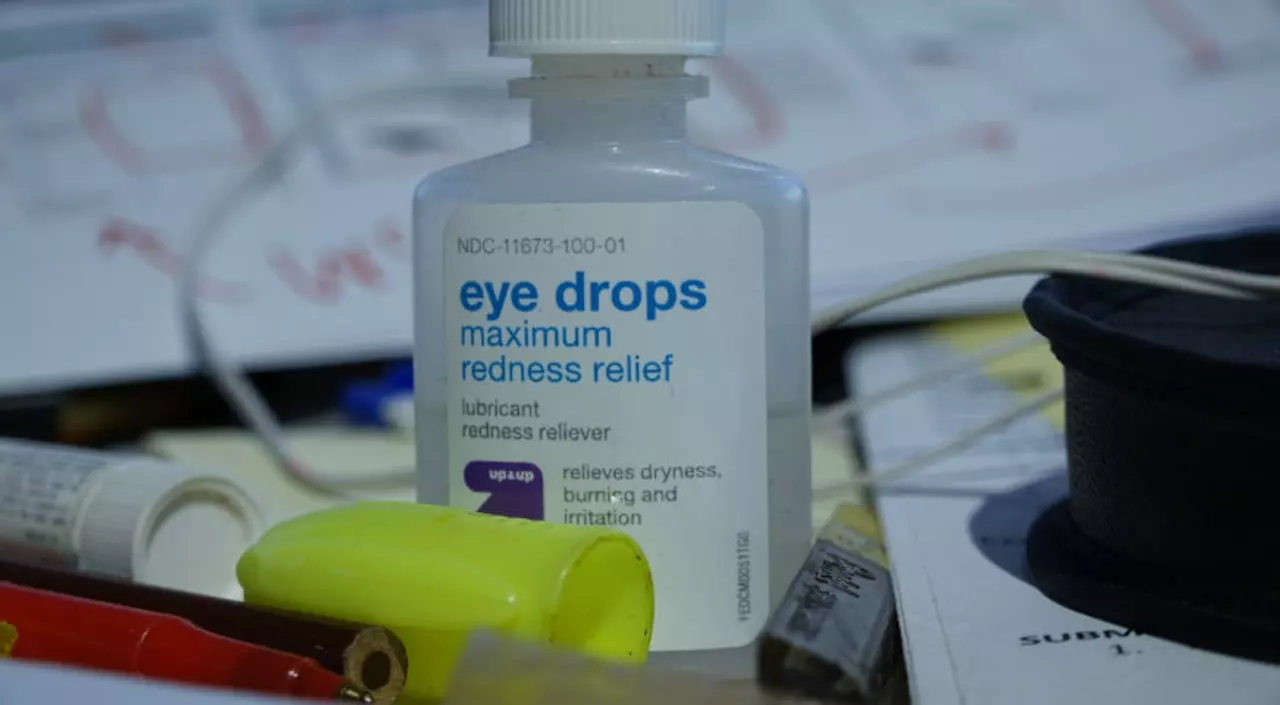Preventing Side Effects: Simple Steps You Can Use Today
Side effects are often the reason people stop a medicine or end up back at the doctor. The good news: many common side effects are preventable if you take a few basic steps before and during treatment. Below are clear, useful actions you can use right away to cut your risk.
Quick checks before you start
Always know what you’re taking and why. Read the medication leaflet and ask these short questions: What is the main goal of this drug? How should I take it (with food or on an empty stomach)? Are there tests I need (blood work, blood pressure, INR)? Who should I call if I get a worrying symptom? Write the answers down or save them on your phone.
Check interactions. Many problems come from mixing drugs, supplements, or certain foods. For example, grapefruit can raise levels of some heart and cholesterol meds; antibiotics or antifungals can change how blood thinners work; and combining NSAIDs with blood thinners raises bleeding risk. Use a trusted interaction checker or ask your pharmacist—this single step prevents a lot of trouble.
Daily habits that lower risk
Stick to the right dose and schedule. Skipping or doubling doses changes how a drug acts and often raises side effects. Use a pill organizer and set alarms. If a medicine causes stomach upset, take it with food when safe. For NSAIDs, a small meal can reduce stomach pain; for some antibiotics, food changes absorption—check the leaflet.
Watch for early signs. Know the red flags: breathing problems, swelling of face or throat, high fever, sudden severe rash, fainting, or chest pain need urgent care. Other less dramatic signs—new dizziness, persistent nausea, heavy bruising, or marked mood or sleep changes—are worth reporting to your prescriber quickly.
Monitor relevant labs. Some meds need regular checks: blood thinners like warfarin need INR tests, liver-impacting drugs may need liver enzymes, and certain diabetes or cholesterol meds need blood sugar and lipid checks. Ask how often you should be tested and keep the appointments.
Mind what you mix with meds. Limit alcohol if your drug affects the liver or the nervous system. Avoid herbal supplements without approval—St. John’s wort and some others can reduce the effect of antidepressants, birth control, and transplant drugs. Probiotics or plain yogurt can reduce antibiotic-associated diarrhea for many people—ask which strain and timing work best with your antibiotic.
Talk openly with your provider. Mention all prescription drugs, over-the-counter meds, vitamins, and herbs you take. If a side effect starts, don’t stop most chronic meds abruptly—some require tapering (for example, certain antidepressants). Ask for a plan: what to expect, when to call, and whether a dose change or switch could help.
Small steps go a long way. Keep a current medication list, use one pharmacy if possible, and ask for written instructions. These habits cut surprises and help you stay on the treatment that’s meant to help you.
Brimonidine tartrate can cause some common side effects, but don't worry, I've got some tips to manage and prevent them. First, to avoid eye irritation, make sure your hands are clean before applying the eye drops and avoid touching the dropper tip to your eye or any surface. Second, if you experience drowsiness or dizziness, avoid driving or operating heavy machinery until you feel better. Third, if dry mouth occurs, try chewing sugar-free gum or sipping water to improve saliva flow. Lastly, if you notice skin reactions, speak with your doctor about the possibility of using a different medication or adjusting the dosage.

